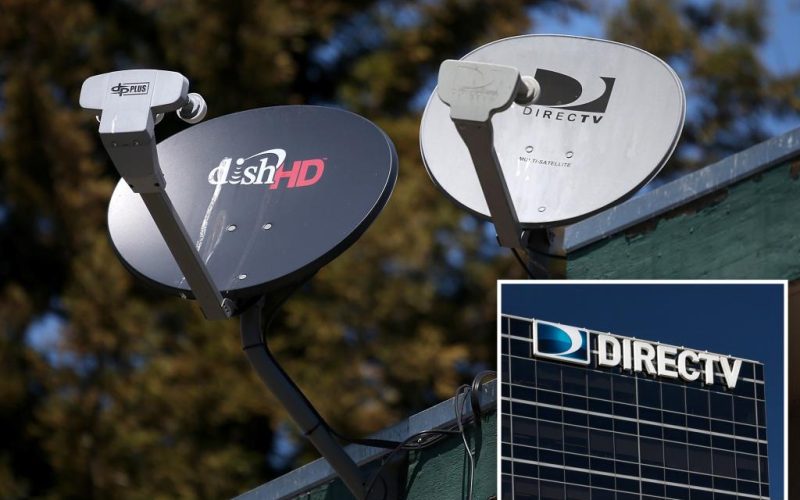Satellite TV giant DirecTV called off its deal with Charlie Ergen’s EchoStar to acquire rival Dish TV and other assets.
The deal would have created one of the largest pay TV distributors in the country with a combined 20 million subscribers. As part of the deal, DirecTV was set to pay EchoStar $1 for the pay TV buisness called Dish DBS, which included Dish and Sling, as well as the assumption of about $9.75 billion of Dish’s debt.
In addition, Dish bondholders had to agree to exchange their debt for new debt in the merged company at a discounted rate, taking a haircut of roughly $1.57 billion on the debt. Dish bondholders recently rejected that proposal.
“We have terminated the transaction because the proposed exchange terms were necessary to protect DirecTV’s balance sheet and our operational flexibility,” Bill Morrow, CEO of DirecTV, said Thursday.
Morrow added: “DirecTV will advance our mission to aggregate, curate, and distribute content tailored to customers’ interests by pursuing innovative products and providing customers with additional choice, flexibility, and control.”
The CEO said the deal termination would be effective Friday.
EchoStar did not immediately respond to request for comment.
Axios first reported on the deal termination earlier on Thursday.
The proposed deal, which was initially announced in September, was viewed as a strategic move to consolidate a shrinking pay TV market, which has been hit hard by the popularity of streaming.
It would have also provided a vital lifeline to EchoStar, which was co-founded by telecommunications entrepreneur Ergen and is currently weighed down with more than $20 billion in debt.

DirecTV and Dish have held on-and-off talks over the years. This is the second time a merger between the two entities has failed to come to fruition.
The companies tried to combine in 2002 for $26 billion, but the deal was blocked by regulators in the George W. Bush administration over concerns that it would reduce competion.
But those concerns would not likely have been a factor this time, given the rapid decline in the satetlite TV business.








